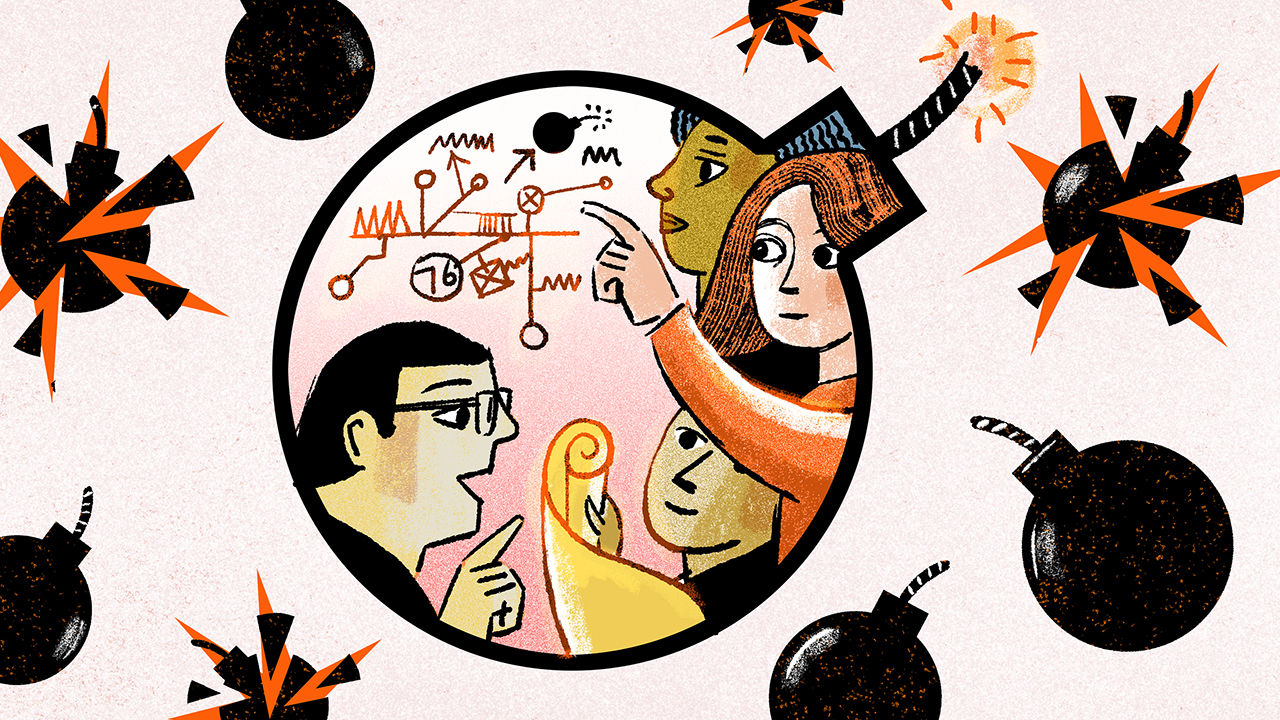04/06/2021
Print PageHands-on Training for Leadership Skills - Fun Factor Included
To be a good leader in science requires developing an arsenal of skills that are not normally learned during one’s career: communicating effectively, dealing with mistakes, or giving feedback. Most articles, books and workshops about leadership provide excellent advices and tips on how to do this, but their implementation is lacking or inadequate, leaving its learning to trial and error. Therefore, Samuel Peña-Llopis has recently published in Science an article about an innovative training system based on playing the live game ”Keep Talking and Nobody Explodes“ (KTANE) with your research group (https://science.sciencemag.org/content/371/6533/1070/tab-pdf).
The rules of the game are simple: There is a "defuser" who has the bomb but no idea about how to defuse it, and a group of "experts" who have instructions but cannot see the bomb. That means the group leader must describe the components of the bomb to the team members, the experts, and they must identify each component in their manual and figure out how to disarm the bomb. If too many mistakes are made or time runs out, the bomb explodes and the game is over. Similar to training with a flight simulator before flying a real plane, this training platform provides fun, low stakes opportunities to practice task assignment, effective communication and feedback, adjusting expectations and learning from mistakes while building rapport and teamwork. Besides KTANE, there are similar games, an alternative is called "Rockets are Super Hard". Here, the team has the task of safely launching rockets using an instruction manual.
After Samuel Peña-Llopis presented the basics of KTANE and its use to improve leadership skills, he solved several modules and defused a bomb together with the participants to show its implementation. There are many different KTANE modules with different levels of difficulty, available at https://ktane.timwi.de. For example, the modules "Wires", "British Slang" or "Bone Apple Tea" are very easy to solve, while "Genetic Sequence", "Logic" or "Shape Shift" are a bit trickier. The time can also be chosen variably. For Samuel Peña-Llopis and his team, a game duration of about 30 minutes has become established. In terms of group size, a number of 4 to 5 players has proven to be particularly good. Are there any other open questions? Samuel Peña-Llopis will be happy to answer them – or just try out KTANEin your own team.
Dr. Nadine Ogrissek, Wissenschaftliche Koordinatorin DKTK
